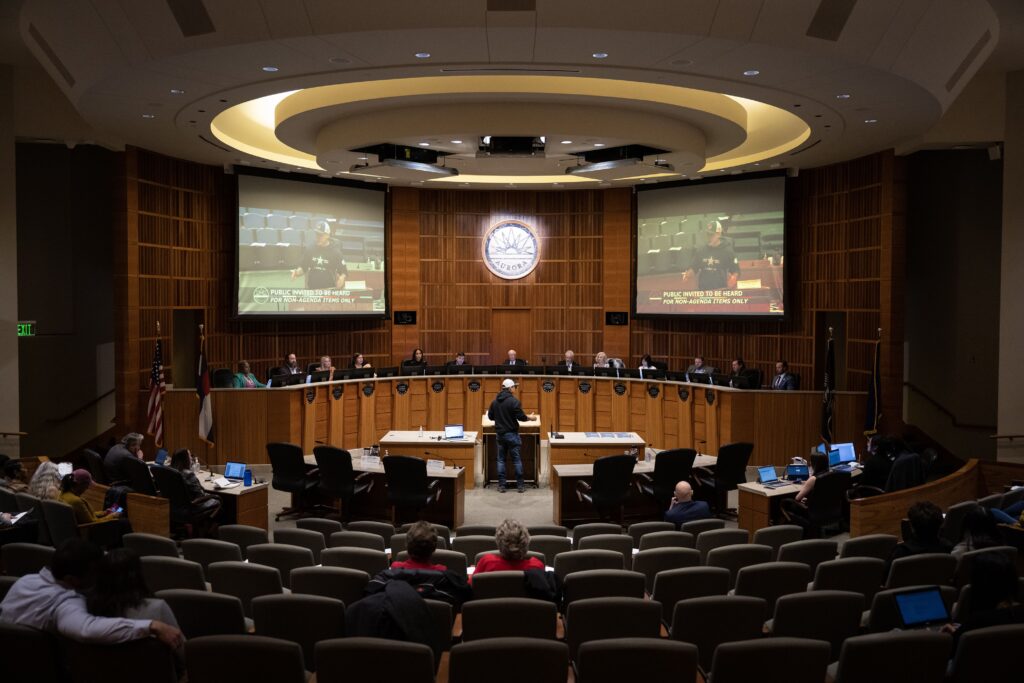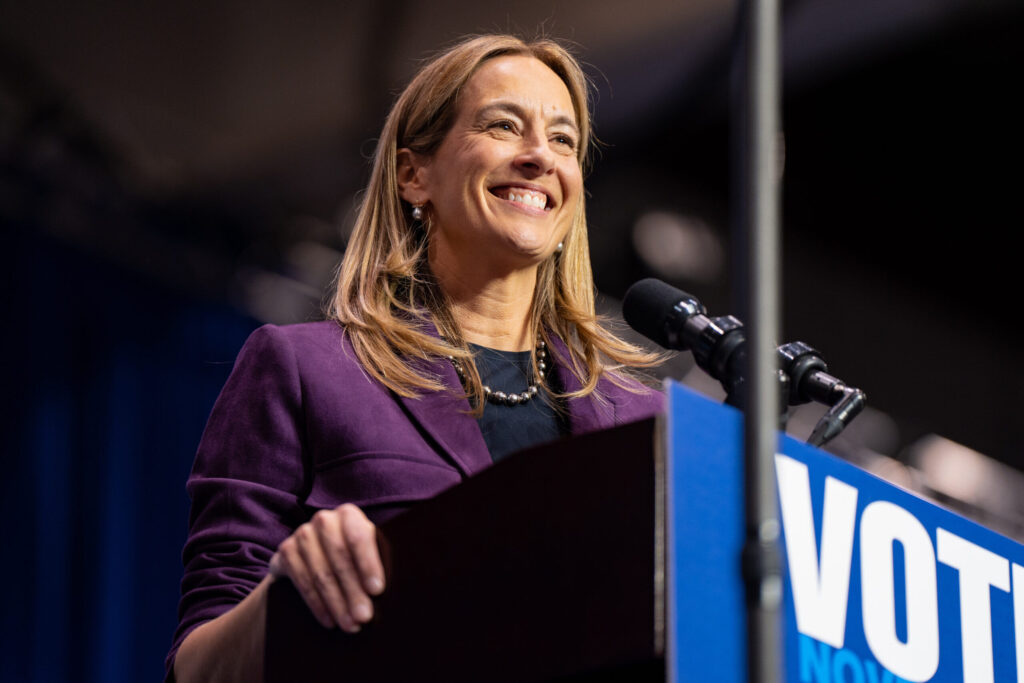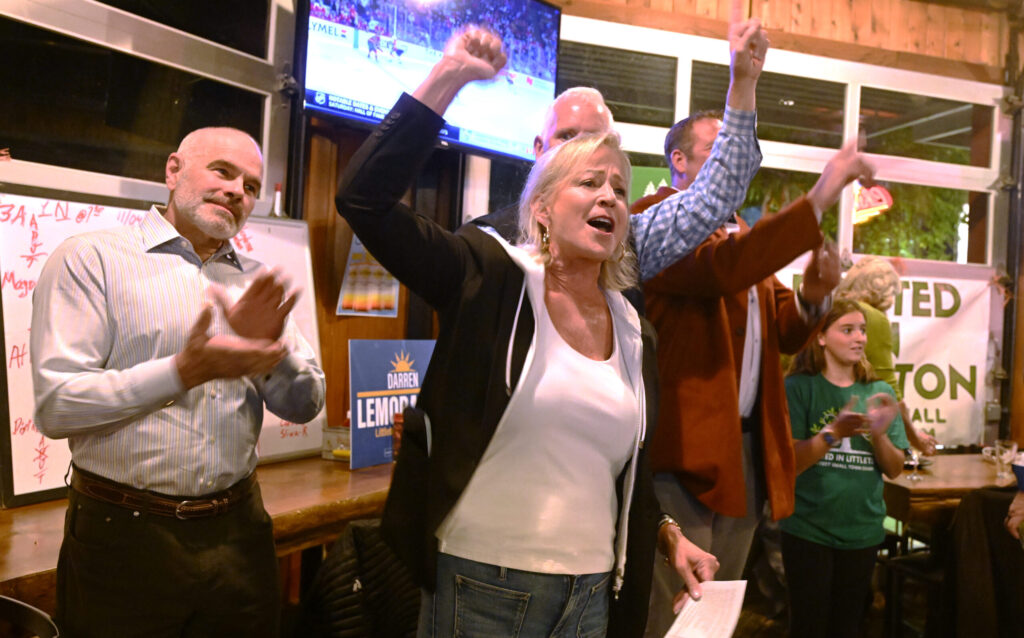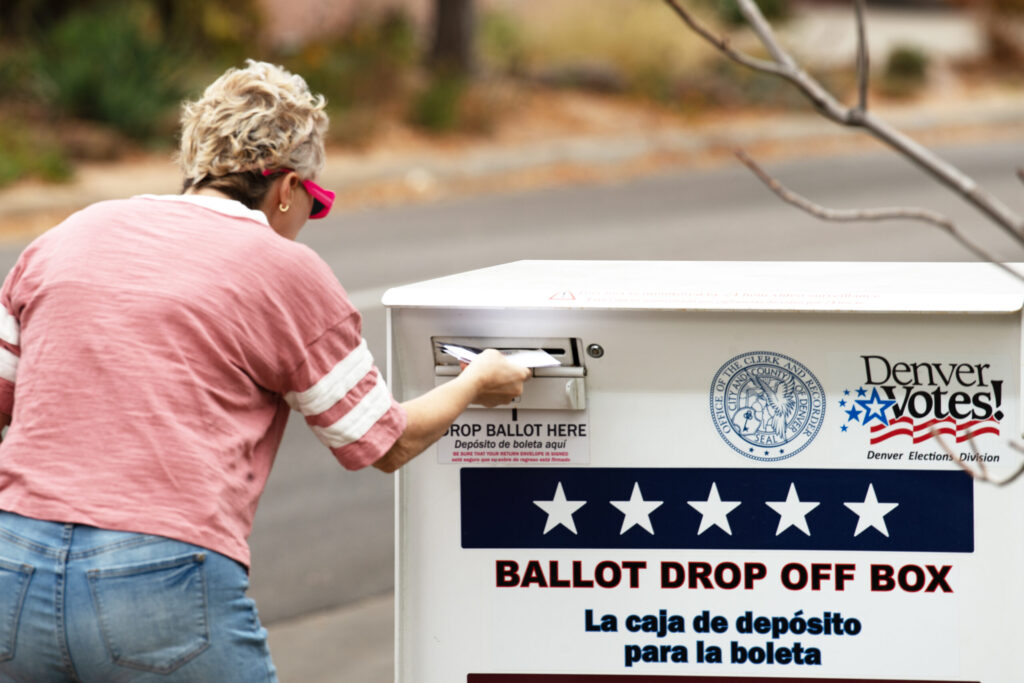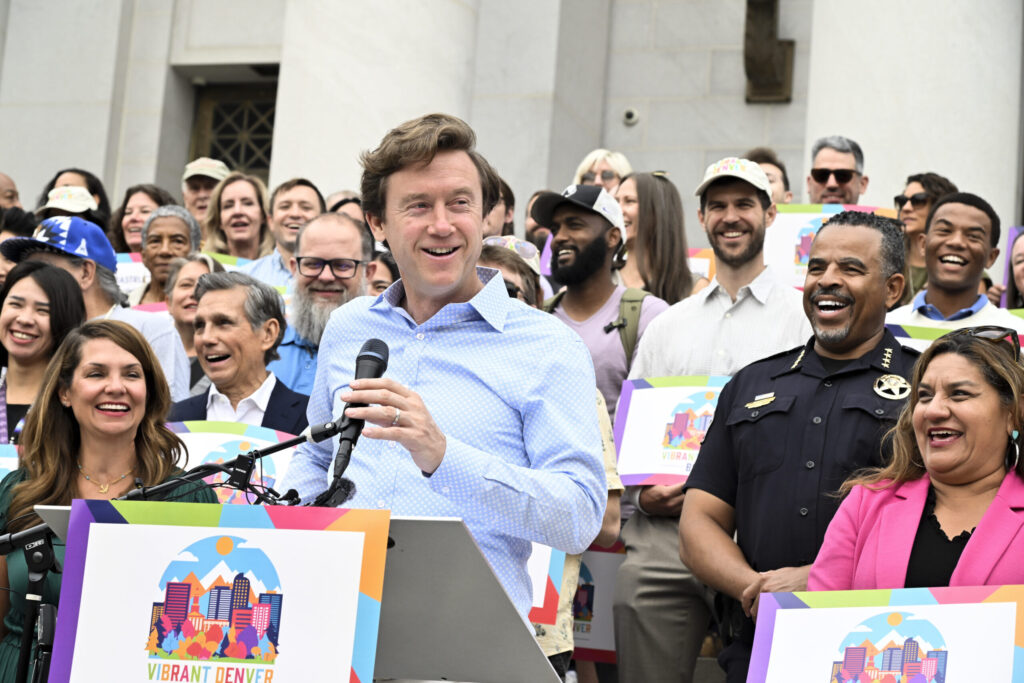City Council committee approves voter measures to change appointment of Denver’s law enforcement watchdog

A Denver City Council committee has taken a step toward giving voters a say in who appoints the head of the agency responsible for policing Denver’s police.
On Wednesday the Safety, Housing, Education and Homelessness Committee approved a pair of bills outlining a handful of city charter and code changes related to Denver’s Office of the Independent Monitor.
The charter changes would hand power of appointing the independent monitor to the Citizen Oversight Board. If the full City Council approves the bills, the changes would go to a public vote on Nov. 2.
Currently, the mayor appoints a monitor from among nominees chosen by a five-member search committee headed by the chair of Denver’s Citizen Oversight Board, subject to City Council’s approval.
City code changes outlined in one of the bills would require the Citizen Oversight Board to identify members of the monitor search committee within 60 days of the position becoming vacant, and would add two members to the committee. The new additions would include a mayoral appointee and a person who has had lived experience in the justice system.
City Council would still have confirmation power for the chosen monitor candidate.
The proposed charter changes also would allow the monitor to hire their own independent counsel.
District 3 Councilmember Jamie Torres, one of the bills’ sponsors, said in a presentation to the committee that the bills seek to address a few core issues: That the monitor is a mayoral appointee and functions in the executive branch along with the safety agencies the office polices, that the city attorney’s office – another city agency – represents the monitor, and that employees of the OIM work at-will without security of Career Service.
“Creating an Office of the Independent Monitor that is actually independent is important,” Torres said. “It needs to live in the charter outside of any other elected authority.”
She said the issues the bills seek to address have presented challenges for the monitor’s office in access to information, representation in legal disagreements and its effectiveness as an oversight body. She added the issues have been raised over several years by the Citizen Oversight Board, the former monitor and community advocacy such as the Reimagining Policing and Public Safety Task Force.
The Office of the Independent Monitor has not had a permanent head since January, when the previous monitor, Nick Mitchell, stepped down. Gregg Crittenden has served as interim monitor.
The office’s work made headlines at the end of 2020 when it released an in-depth report finding Denver police behaved dangerously and often anonymously in their responses to the city’s racial justice protests last summer.
At-large Councilmember Robin Kniech, another sponsor of the bills, made it clear she doesn’t believe the monitor’s oversight is “broken.” But changing the appointment power for the monitor is about public trust in the system, she said.
“Even when [the systems] may be working OK, the public faith isn’t always there, and that is the case where you have the same person appointing the agency heads that are being monitored and then the independent watchdog. That is the challenge to have community faith.”
Citizen Oversight Board vice chair Julia Richman spoke briefly at Wednesday’s committee meeting in support of the changes proposed by the bills, saying the body believes the “improvements will make a difference in terms of our current state and some of the limitations we see in the clarity of the authority of the board and the monitor themselves.”
The bills come a year after District 9 Councilmember Candi CdeBaca direct-filed a bill, bypassing a committee process, to turn the monitor’s appointment power over to City Council. The council voted 9 to 3 to send the bill back to committee, and the legislation did not make it back to the full council after that.
Kniech and Torres said the transition of appointment power makes sense because the Citizen Oversight Board already has day-to-day responsibilities of overseeing the monitor and performance evaluation. Torres added she believes the Citizen Oversight Board having appointment authority rather than City Council avoids politicizing the process.
“If the COB chooses somebody that Council disagrees with or has issues with, we can exercise a vote in that process as well. So we are not removed from it, but we are not launching ourselves into more political territory by being the appointing authority ourselves.”
The bills are now headed for a first reading at City Council’s regular meeting on Aug. 9.
Denver officials consider 112 task force recommendations for policing reform




